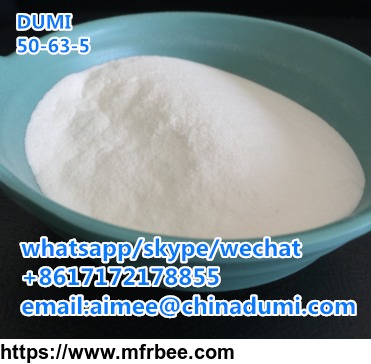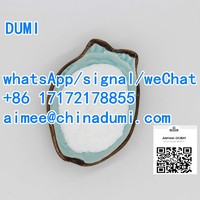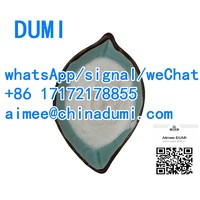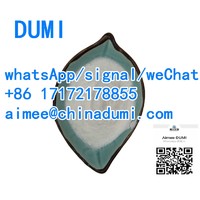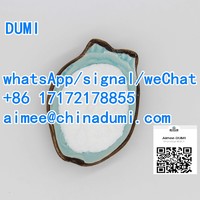50-63-5 Chloroquine diphosphate
Specifications
| Description | Chloroquine (diphosphate) is an antimalarial and anti-inflammatory drug widely used to treat malaria and rheumatoid arthritis. Chloroquine is an inhibitor of autophagy and toll-like receptors (TLRs). |
|---|---|
| Related Catalog |
Signaling Pathways
Signaling Pathways
Research Areas
|
| Target | Autophagy, TLRs[1][2][3] |
| In Vitro | Chloroquine (CHQ, 20 μM) inhibits IL-12p70 release and reduces Th1-priming capacity of activated human monocyte-derived Langerhans-like cells (MoLC). Chloroquine (CHQ, 20 μM) enhances IL-1–induced IL-23 secretion in MoLC and subsequently increases IL-17A release by primed CD4+ T cells[1]. Chloroquine (25 μM) suppresses MMP-9 mRNA expression in normoxia and hypoxia in parental MDA-MB-231 cells. Chloroquine has cell-, dose- and hypoxia-dependent effects on MMP-2, MMP-9 and MMP-13 mRNA expression[2]. TLR7 and TLR9 inhibition using IRS-954 or chloroquine significantly reduces HuH7 cell proliferation in vitro[3]. |
| In Vivo | Chloroquine (80 mg/kg, i.p.) does not prevent the growth of the triple-negative MDA-MB-231 cells with high or low TLR9 expression levels in the orthotopic mouse model[2]. TLR7 and TLR9 inhibition using IRS-954 or chloroquine significantly inhibits tumour growth in the mouse xenograft model. HCC development in the DEN/NMOR rat model is also significantly inhibited by chloroquine[3]. |
- Contact: Aimee smith
